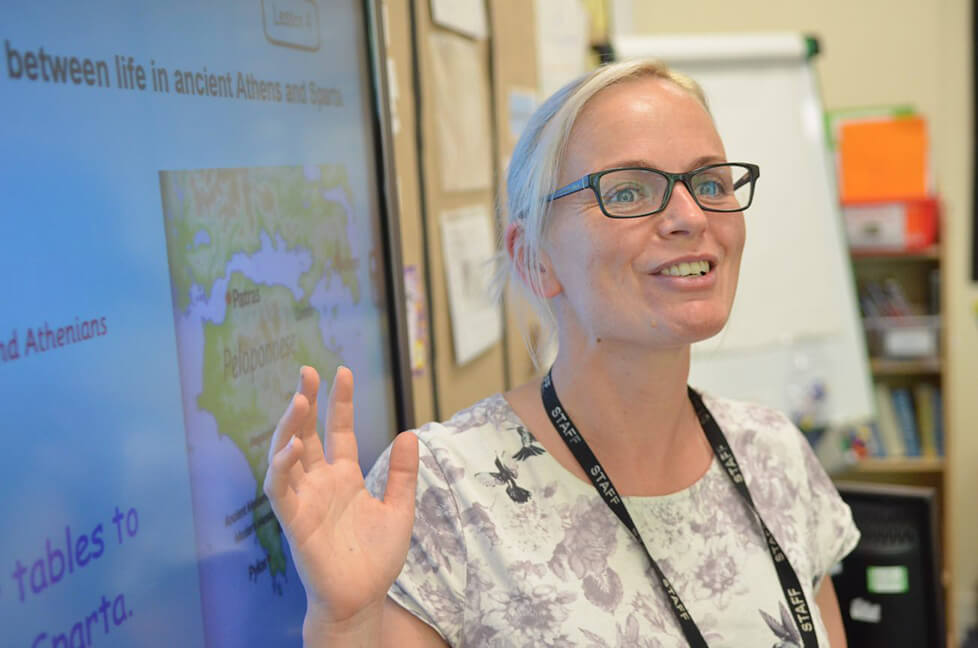The £1 Billion Deficit in SEND
In an investigation by The Bureau of Investigative Journalism (IBIJ), the true scale of the SEND funding crisis has been brought to light, as the financial black hole at the heart of the system balloons to £1.3 billion. With the dual pressures of rising demand and increasing complexity of need, councils have struggled to cope without enough state-funded provision. Currently more than half of special schools are at or over capacity, with senior leaders converting staff-rooms, therapy spaces, and other areas into classrooms in order to meet demand.
Since 2015-16, the number of pupils with Education, Health and Care Plans (EHCP) has increased from 237,000 (2.8 percent of all pupils) to 326,000 (3.7 percent). As councils grapple with lack of capacity, and parents lose faith in the ability of mainstream schools to meet their children’s needs, demand for costly independent school placements increases, adding more pressure to the budget.
Some blame the SEND Tribunal, which hears appeals against local authority decisions and rules in favour of parents ninety-six percent of the time. For example, Mark Walker, special educational needs and disabilities director at Kent council – which has a deficit of £103 million – understands why parents might want to send their child to a private school with ‘beautiful building[s], fantastic facilities […] but that’s different from, I think, what was expected within the SEND Code of Practice.’ However others argue that independent schools appeal to parents due to the quality of provision and outcomes. Parents contend that decisions should be based on what is best for the child, rather than what is best value for money.
Whilst the SEND review attempts to solve the crisis by keeping more children in mainstream schooling, it will take years for reforms to be put in place. Until then, councils plan to balance the books by adjusting the thresholds for which children are eligible for EHC Needs assessments, potentially preventing pupils from accessing the support they need.
Schools Come Up With Own Solutions for Summer Exams
This year, pupils will sit their summer exams for the first time since the Covid pandemic. Whilst this might seem like a sign of normality to the outside world, teachers and school leaders know it is anything but. With a lack of clear guidance, free tests, and invigilator staff, no one is quite sure what to expect.
UKHSA guidance states that pupils who test positive for Covid are encouraged to isolate for at least three days, whilst those who only have mild symptoms are advised to attend and sit exams. However, without free tests, school leaders argue that they will be forced to play guessing games when it comes to protecting staff and students’ health. Some school leaders have resorted to their own solutions, such as allowing Covid-positive pupils to sit their exams in separate settings. School heads also report that more spaces will be set aside for pupils with mental health issues, as higher numbers of pupils now suffer with anxiety in traditional exam conditions.
Trying to source invigilators is another challenge schools must contend with. Typically, posts are filled by retirees, but this year they have been deterred from signing up by the risk of Covid infection. In a survey by the National Association of Examinations Officers, over ninety percent of exam officers reported concerns about staff shortages.
With obstacles seemingly at every turn, senior leaders feel they have been left in the dark, ‘preparing for the unknown.’
The Next Five Years of Ofsted
Ofsted unveiled its five year strategy this week, setting out new plans to improve the lives of children by raising standards in education. After the recent publication of the Spring education recovery report, which highlighted the serious impact the pandemic had on young people’s education, Ofsted emphasises the critical role it will play in helping schools move forward.
Ofsted Chief Inspector, Amanda Spielman, says that ‘our strategy for the next five years takes account of the impact of the pandemic and raises still further our ambitions for children and learners. Ofsted’s mantra of ‘raising standards, improving lives’ has never been more important.’
Among the key strategies, Ofsted listed the following priorities:
- More Full Inspections The proportion of Section 5 school inspections will be increased to allow for more ‘professional dialogue and evidence gathering.’ This will create more opportunities for a school’s Ofsted rating to change.
- Hold MATs to Account Through Inspection As thousands of schools are now part of MATs, the inspectorate argues that regulation laws must be updated. Whilst Ofsted does not currently have the power to inspect multi-academy trusts (MATs), it plans to work with the Department of Education to review its approach. The new strategy promises to hold MATs to account through inspection, however does not specify if this will involve graded inspections of individual trusts.
- New SEND Inspection Framework In response to the government’s SEND review, Ofsted will also develop a new SEND inspection framework that holds the responsible agencies to account. This will focus on local strategic oversight and commissioning of alternative provision.
United by the challenges we face as a profession, it is worthwhile to remember that our collective insight is far more valuable than what we can come up with on our own. With a variety of conferences and training events, One Education offers school practitioners the chance to build a network and share best practice together. Explore our services to find out how we can help.














